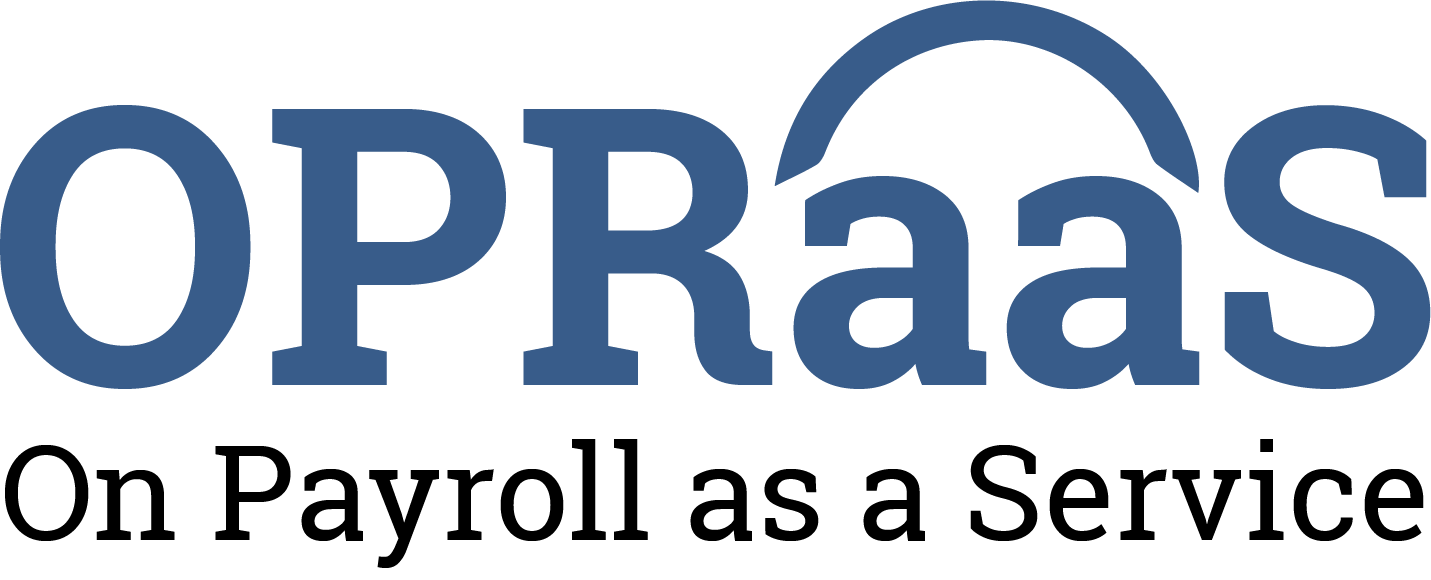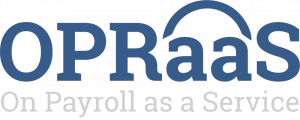LSCA Agency Audit Dashboard
Start, complete, revisit, analyse, store, print or send your essential Agency LSCA Audits by choosing from the menu below.
Agency Umbrella CIS Audit
Important Information
This audit supports agencies in reviewing CIS umbrella suppliers within their labour supply chains.
It is designed to demonstrate reasonable and proportionate due diligence, aligned with HMRC CIS340, the Criminal Finances Act 2017, and the forthcoming Joint & Several Liability (JSL) regime from 2026.
It helps agencies evidence compliance, mitigate tax and reputational risk, and ensure that worker engagement models are lawful and transparent.
Scope of Assurance
The audit focuses on key control areas:
- Corporate integrity – structure, directors, registrations (UTR, VAT, PAYE)
- Employment status checks – CIS subcontractor assessments, SDC compliance
- CIS tax compliance – correct deductions, RTI, and remittance to HMRC.
Fraud prevention – detection of mini umbrella, phoenix, or payroll layering risks - Hybrid/payroll models – segregation of PAYE vs CIS, substitution clauses, third-party payrolling.
Readiness for JSL – traceability, escalation, and governance procedures
Agency Expectations
Agencies may be required to evidence that they:
- Conduct structured due diligence on all CIS umbrella suppliers
- Retain evidence of worker status, payments, and audit trails (not just declarations)
- Identify and escalate non-compliant or high-risk practices (e.g., hybrid models, undisclosed PAYE, excessive subcontracting)
- Apply contractual controls, audit rights, and disengagement processes to support HMRC or legal scrutiny
Note on High-Risk Models
Enhanced scrutiny is required where suppliers use:
- Unclear employment status or disguised employment
Hybrid PAYE/CIS arrangements - Substitution clauses that lack credibility
- Outsourced/third-party payroll structures
Evidence Expectations
In an HMRC audit, superficial responses will not meet compliance standards.
Tick-box exercises without supporting documentation are insufficient and may not satisfy HMRC or regulator expectations.
Agencies may be asked to provide:
- Contracts, KIDs, onboarding scripts, pay breakdowns
- Risk assessments, IR35/SDS logs, onboarding due diligence
- Third-party audit outcomes, governance records, and escalation logs
- Mini umbrella red flag checks, VAT/Kittel assurance, and group structure disclosures
By using the form, you acknowledge acceptance of OPRaaS LTD’s data handling policies and terms and conditions of use.
User and Company Details
Please enter the company details for the entity you are auditing. If you are performing a Self-Assessment, please insert your own company details here.
Section 1 – Legal Entity & Controllers
This section confirms that the CIS umbrella supplier is a properly registered and transparent legal entity with fit-and-proper directors.
Weaknesses here indicate phoenixing, offshore control, or governance risk.
🚩Red Flags
Section 2 – Banking, Money Flows & Outsourcing
This section ensures CIS umbrella income and deductions flow transparently through the correct UK bank accounts and that no outsourcing arrangements conceal risks.
🚩Red Flags
HMRC highlight offshore accounts, third-party payments, and complex layering as fraud red flags.
Section 3 – CIS Integrity – Deductions, RTI & Submissions
This section tests whether the umbrella correctly applies CIS rules, deducts and remits tax, and files RTI/CIS returns on time.
Failures here are high-risk, linking directly to HMRC penalties, debt transfer under the Kittel principle, and future JSL liability.
Section 4 – Worker Contracts, Pay & Deductions
This section ensures that CIS umbrella contracts and pay processes clearly establish self-employment, margin transparency, and tax compliance.
Failures here risk disguised employment, hidden PAYE models, or unlawful deductions — all of which could expose agencies to HMRC challenge or JSL liability.
Section 5 – Identity, Right-to-Work & Data Protection
This section ensures that every CIS worker has the legal right to work in the UK and that sensitive worker data is processed lawfully.
Weaknesses here can result in illegal working, modern slavery risks, or ICO investigations under GDPR.
Agencies are jointly responsible for ensuring checks are robust, documented, and audit-ready.
Section 6 – Modern Slavery Risk Oversight
This section confirms that the CIS umbrella has robust measures to prevent, detect, and report modern slavery or labour exploitation.
Construction and CIS supply chains are high-risk categories.
Weak controls here expose agencies and umbrellas to legal breaches under the Modern Slavery Act 2015, reputational damage, and potential GLAA investigation.
Section 7 – Tax & Model-Risk Assurance (VAT, MUC, IR35/Hybrid, Purported Umbrella)
This section ensures the CIS umbrella is not exposing agencies to VAT fraud (Missing Trader/Carousel), Mini Umbrella Company (MUC) risks, or disguised remuneration.
It also checks readiness for the 2026 reforms on “purported umbrellas”, where entities claim umbrella status but fail to operate as genuine employers.
Failures here risk HMRC penalties, VAT denial under the Kittel principle, and future JSL liability.
Section 8 – CITB Levy & Lodge Payments
This section ensures CIS umbrellas comply with Construction Industry Training Board (CITB) levy rules and apply lodge payments only where permitted.
Failures here risk levy evasion exposure, HMRC challenge, or loss of audit traceability.
Section 9 – Expenses & Reimbursement Compliance
This section ensures that CIS umbrellas only reimburse legitimate expenses, supported by evidence, and do not use expenses to disguise income.
HMRC highlight this as a fraud risk in CIS supply chains.
Section 10 – Criminal Finances Act 2017 (CFA) – Reasonable Prevention Procedures
🚩Red Flags
Section 11 – Insurance & Financial Resilience
This section checks whether the umbrella has adequate insurance cover to protect agencies and workers against financial loss, and whether it demonstrates financial resilience.
HMRC and clients expect umbrellas to hold valid insurance and to be free of outstanding penalties or disputes.
Weaknesses here increase risk exposure if liabilities arise.
Section 12 – Business Continuity, Cybersecurity & Exit Planning
This section ensures that the CIS umbrella has systems in place to maintain payroll and compliance continuity, protect sensitive worker data, and transfer records securely if operations cease.
Failures here can cause payment delays, data breaches, or loss of evidence required by HMRC, exposing agencies to financial and reputational risk.Flags
Section 13 – Agency Governance & Oversight
This section ensures the agency itself is actively managing CIS umbrella risk, not simply relying on supplier declarations.
HMRC’s Labour Supply Chain Due Diligence guidance and the 2026 Joint & Several Liability regime expect agencies to evidence their own oversight.
Weaknesses here may result in liability for umbrella failings, reputational damage, or regulatory penalties.Flags
Section 14 – Complaints & Worker Grievances
This section confirms that CIS umbrellas provide workers with accessible, fair, and transparent routes to raise concerns or disputes.
Even though workers are subcontractors, HMRC and regulators expect agencies to ensure workers can challenge incorrect deductions, mistreatment, or unethical practices.
Weak controls here increase risks of exploitation, reputational damage, and regulatory intervention.
Section 12 – Final Declaration and Signoff
Captures accountability and ensures the umbrella formally signs off on the audit, confirming commitment to truthful responses and future compliance cooperation.
Final Declaration and Agency Signoff
I, the undersigned, hereby confirm the following on behalf of the agency that:
1) I have reviewed this self-audit in full and believe it to be complete, accurate, and evidence-based.
2) I confirm that all supporting documentation, contracts, policies, and audit records have been reviewed and retained.
3) I understand that these findings may be shared with HMRC or other regulators as part of statutory or compliance requirements.
4) I agree to notify relevant parties of any material risks, changes, or non-compliance identified after this declaration.
5) This declaration reflects our agency’s commitment to transparency, accountability, and compliance with tax law, employment law, and labour supply chain assurance obligations.

